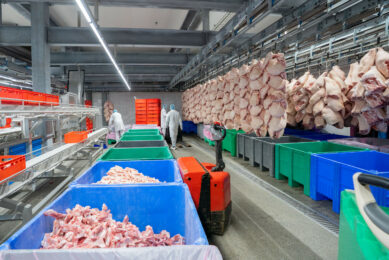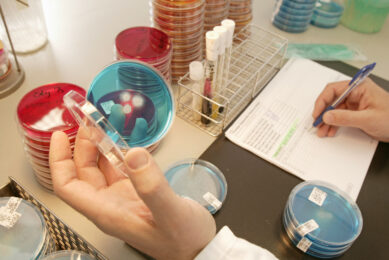RESEARCH: Characteristics of S. suis isolates in China
Clinical Streptococcus suis isolates from diseased pigs in China are genetically diverse, resistant to multiple antibiotics of clinical importance, and carry known virulence factors.
This was the result of research carried out by scientists from the South China Agricultural University in Guangzhou, China.
The isolates were examined for susceptibility to nine antimicrobials, possession of virulence-associated factors (VFs), and distribution of serotypes. The association between antimicrobial resistance (AMR) and serotypes as well as VFs was subsequently assessed.
Serotypes
Among the isolates investigated, serotype 2 (66%) was mostly prevalent, followed by serotypes 1 (23%), 9 (1%), and 7 (1%), whereas 14 isolates were untypable by the polymerase chain reaction typing method used. Analysis with pulsed-field gel electrophoresis revealed the isolates had diverse DNA macrorestriction patterns.
The frequency of antimicrobial resistance among the S. suis isolates was higher than that reported from other countries. It is notable that multiple antimicrobial resistance (three or more antimicrobials) was observed with 99% of the S. suis isolates, and the dominant resistance phenotype was erythromycin-tilmicosin-clindamycin-chloramphenicol-levofloxacin-ceftiofur-kanamycin-tetracycline-penicillin (36%). The most prevalent VFs were those encoded by muramidase-released protein (62%), followed by suilysin (57%) and extracellular factor(47%).
Presence of VFs and the possession of certain AMR phenotypes were significantly associated as determined by statistical analysis.
The research was published in the scientific journal Foodborne Pathogens and Disease, July 2012.
Related website:
• South China Agricultural University











